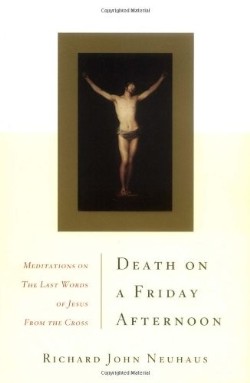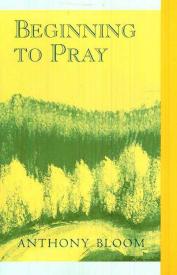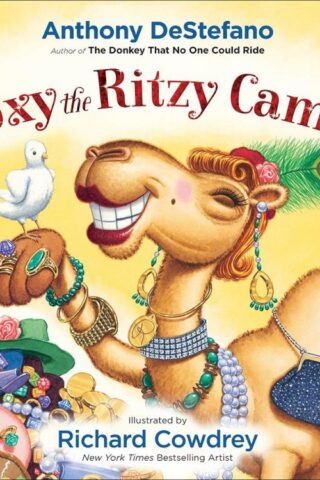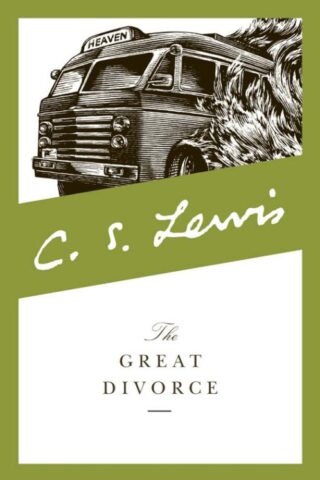Death On A Friday Afternoon
$16.99
Preface
1. Coming To Our Senses
2. Judge Not
3. A Strange Glory
4. Dereliction
5. Witnesses
6. The Sacrifice
7. The Scars Of God
Biblical References
Select Bibliography
Additional Info
Numerous writers and composers have been captivated by the suggestiveness of Jesus’ Seven Last Words. But the beloved, recently deceased Fr. Richard John Neuhaus’s sustained exploration of these utterances is something altogether different. Through them he plumbs the depths of human experience and sets forth the central narrative of Western civilization-the suffering, death, and resurrection of Christ-in a way that engages the attention of believers, unbelievers, and those who are not sure what they believe. Death on a Friday Afternoon is an invitation to the reader into a spiritual and intellectual exploration of the dark side of human experience with the promise of light and life on the far side of darkness.
in stock within 3-5 days of online purchase
SKU (ISBN): 9780465049332
ISBN10: 0465049338
Richard Neuhaus
Binding: Trade Paper
Published: January 2001
Publisher: Hachette Book Group USA
Related products
-
Roxy The Ritzy Camel
$15.99Add to cartBestselling author Anthony DeStefano brings the vain and possession-loving Roxy the camel to life to demonstrate the familiar Bible verse: It is easier for a camel to go through the eye of a needle than for a rich man to enter the kingdom of God. Little ones ages three and older will learn that possessions are only things…and definitely NOT the most important things.
Brightly illustrated by Richard Cowdrey and written in engaging, funny rhyme, this storybook follows Roxy’s journey from her waterless home in the desert to a great city of beauty she’s heard about but never seen. Along the way she learns that the only way to attain true happiness is to share–or even give away–what she possesses.
-
Great Divorce
$17.99Add to cartC.S. Lewis takes us on a profound journey through both heaven and hell in this engaging allegorical tale. Using his extraordinary descriptive powers, Lewis introduces us to supernatural beings who will change the way we think about good and evil. In The Great Divorce C.S. Lewis again employs his formidable talent for fable and allegory. The writer, in a dream, finds himself in a bus which travels between Hell and Heaven. This is the starting point for an extraordinary meditation upon good and evil which takes issue with William Blake’s The Marriage of Heaven and Hell.






Reviews
There are no reviews yet.